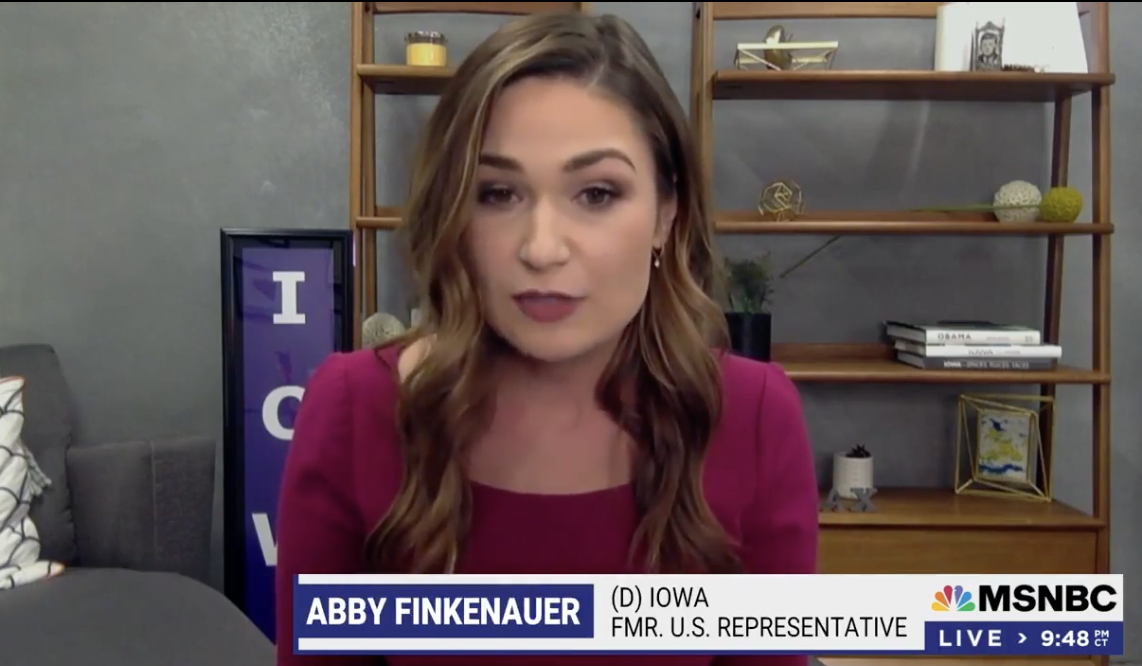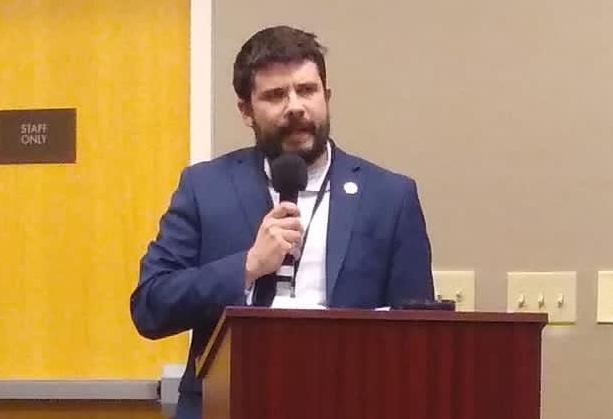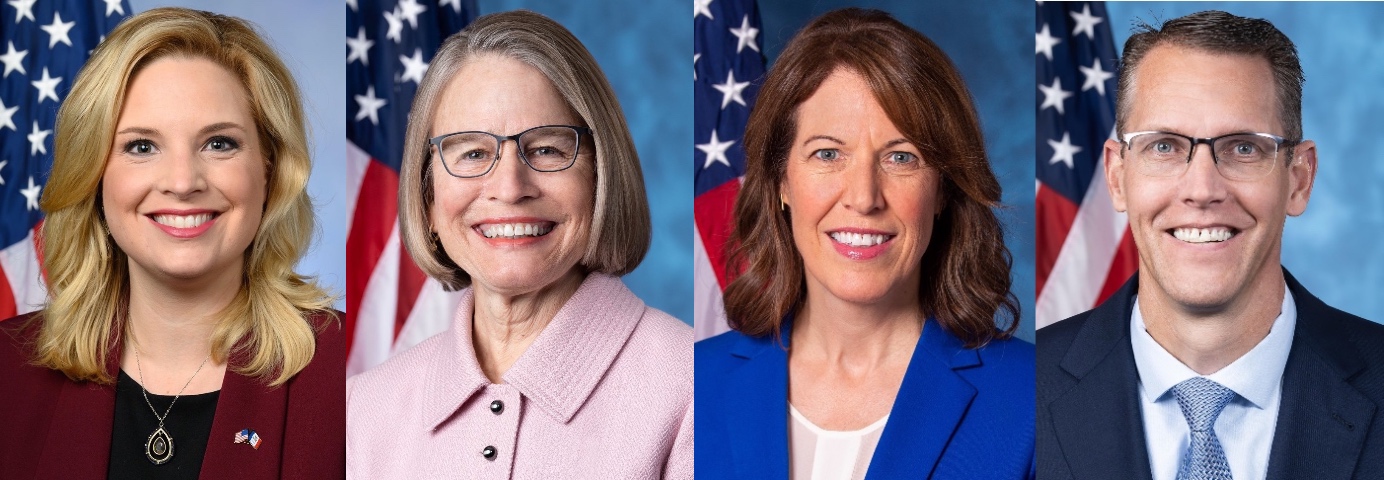Matt Chapman is a resident of Midwest Country Estates park in Dallas County and co-chair of the Iowa Manufactured Home Residents’ Network.
On a party-line vote this week, the Iowa Senate approved House file 2562, a bill on manufactured housing parks that the Iowa House passed earlier this month. The bill is headed to Governor Kim Reynolds’ desk, and she is expected to sign it. UPDATE: The governor signed the bill on May 17.
At iowafairhousing.com you will see the “residents’ bill of rights” we wrote in 2019. The site has more details, but the bullet points are as follows –
- Rent protection from gouging
- Good cause eviction standards
- Fair fees
- Fair legal leases
- Resident rights if park is for sale
Unfortunately, House File 2562 would enforce none of those rights.
Continue Reading...



















